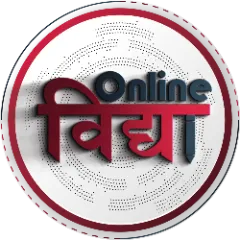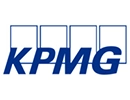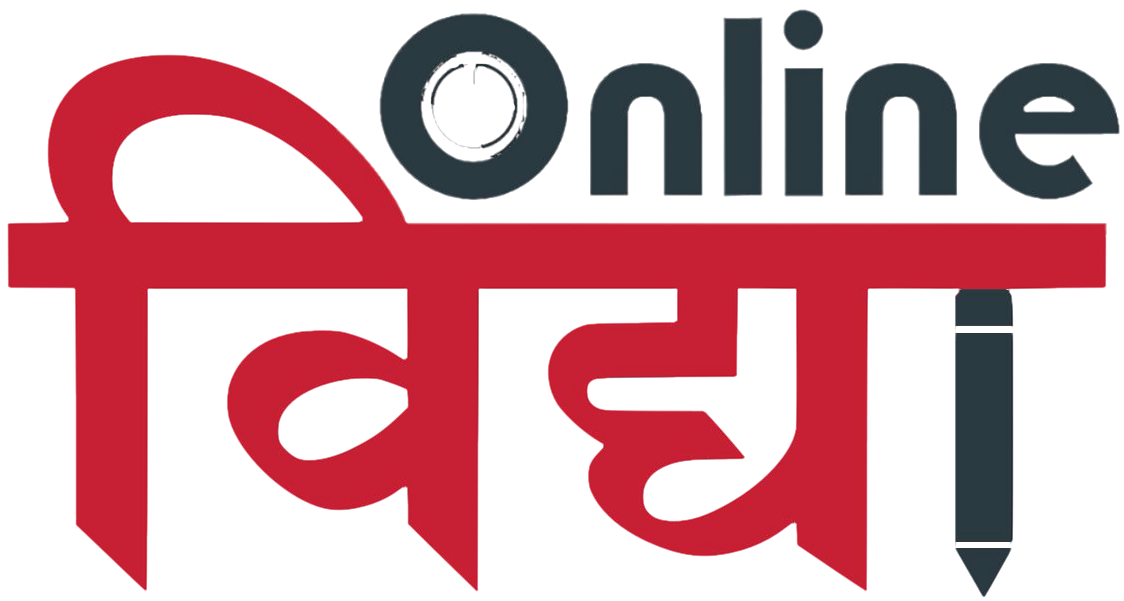Specializations
Courses Available
Courses

MBA: Full form, Admission 2024, Fees, Syllabus, Entrance Exam & Career Scope
MBA: Full form, Admission 2024, Fees, Syllabus, Entrance Exam & Career Scope,May 13, 2024
Online MBA
May 13, 2024
4999 Views
- Share:
The Master of Business Administration, or MBA, is a highly competitive postgraduate program in India and around the world. It generally lasts two years and attracts candidates hoping to pursue careers in management. MBA programs provide students with the chance to strengthen their managerial abilities, analytical thinking, and problem-solving skills. They aim to provide advanced expertise and abilities in any number of business and management-related areas.
Candidates are required to have obtained more than 50% of their bachelor's degree in any area in order to enroll in MBA courses. Admission to MBA programs is based upon performance in MBA entrance examinations, followed by an assessment of personality test that may comprise a Group Discussion (GD), Written Ability Test (WAT), and Personal Interview (PI). CAT, CMAT, XAT, MAH MBA CET, and other important entrance examinations are often used for admission to MBA programs. Prominent Indian universities offering MBA programs include IIM Ahmedabad, IIM Bangalore, IIM Calcutta, IIM Lucknow, FMS Delhi, XLRI, ISB, and others. MBA fees usually cost between INR 10 Lakh and INR 25 Lakh, with specific colleges charging more or less.
MBA graduates can find jobs as finance managers, marketing managers, or sales managers, among other positions. For managerial-level roles in a variety of sectors and areas, an MBA is now a prerequisite. Therefore, a large number of graduates choosing to enroll in MBA programs after graduation include those from BTech, BBA, BCom, BA, BSc, and BCA programs. The average starting salary for an MBA graduate is INR 5 LPA to INR 25 LPA.
Full Form of an MBA Degree
Master of Business Administration is the complete acronym for the MBA degree. The attraction of MBA programs is that they offer admission to students with a broad range of backgrounds, which includes those in the humanities, sciences, and commerce. An MBA program usually lasts two years, breaking down into four or six semesters. As a substitute, multiple private institutions offer a one-year PGDM course. There are plenty of methods to get an MBA, including online, part-time, full-time, and distance learning. Those who are interested can take a look at courses like an executive MBA that are customized for their work background.
A lot of management schools offer an alternative to an MBA degree called the Post-Graduate Diploma in Management (PGDM), Post-Graduate Diploma (PGD), or Post-Graduate Programme (PGP) in Management. The differences between the two are usually negligible, mostly in terms of identification. A full-time MBA program, which includes lectures on theory, hands-on assignments, student exchange programs, summer internships, and final placements, is the most utilized kind of education. Both recently graduated students and those with a few years of work experience choose full-time MBA programs; however, certain universities give preference to one group over the other.
To guarantee relevance in the job market, individuals with five years or more of work experience are eligible for the Executive MBA, which is designed to improve management and leadership abilities. Students who want to continue their education while working can apply to online, part-time, or distance-learning MBA programs.
Also Read: Explore Trending Combinations of Online MBA in Dual Specialization
Course Overview
Course Keywords | Details |
Course | Master of Business Administration(MBA) |
Course Level | Postgraduate level |
Duration | 2 years |
Semesters | 4-semesters |
Eligibility Criteria | Under-graduation in BBA or computer-related fields with a minimum aggregate of marks of 50% to 60% from any recognized university. |
Learning Mode |
|
Admission-Process | Entrance-Exam |
Average Tuition Fee | INR 20,000* to INR 25,00,000*(Depending on the type of university and type of MBA program you will opt to study) |
Specializations |
|
Career Prospects |
|
Average Salary | 5-12 Lakhs |
Course Highlights
- Students studying for an MBA degree cover foundational topics in Human Resources, Finance, Advertising, Operations, and Entrepreneurship in depth. Lectures in the classroom, case studies, group projects, and practical experience demonstrate these MBA fields.
- The curriculum typically addresses a wide range of topics, including economics, data analysis, organizational behavior, corporate ethics, and decision-making.
- Applicants might choose to specialize in certain areas within MBA programs, such as international business, marketing, or finance, to more closely match their interests and professional objectives.
- Multiple MBA programs include internships, exchange programs, and networking opportunities to enhance students' practical knowledge and industry exposure.
- MBA programs are demanding and challenging, preparing students for positions of senior management and leadership in the corporate sector.
Course Specialization
Course Syllabus
Semester 1 | Semester 2 | Semester 3 | Semester 4 |
Managerial Economics | Management Science | Strategic Analysis | International Business Environment |
Quantitative Methods | Financial Management | Business Ethics & Corporate Social Responsibility | Project Study |
Organizational Behaviour | Organization Effectiveness and Change | Legal Environment of Business | Strategic Management |
Financial Accounting | Environment of Business | – | – |
Admission Procedure and Eligibility Criteria
Eligibility Criteria
- Students are required to complete their graduation in BBA or related field with 50% or more with any affiliated and recognized university.
- They need to clear the cut-off of the college, they are applying for.
- For reserved categories, there might be a relaxation of 2.5 to 5%.
- Some colleges have made it mandatory to have work experience of at least 2-3 years before enrolling in the MBA program.
Admission Procedure
Admission to the MBA program is based completely on the examination. The exam can be conducted on the national level which will be accepted throughout the nation or on the state basis which will only be considered for that particular state, but there will be the examination. There are no merit criteria for admission to MBA colleges.
Most Popular Entrance Exams for MBA
- Common Admission Test (CAT)
Among the most important management entrance tests for MBA admission in India is conducted by any IIM. Students who want to get accepted to some of India's top MBA schools must take the CAT test. At the time of admission, the top MBA schools commonly request CAT results.
- NMAT (Narsee Monjee admission test):
MMAT is a university-level management admissions test handed out by GMAC in the name of the Narsee Monjee Institute of Management Studies. NMIMS offers MBA admission to applicants who clear the NMAT test, which is followed by a group discussion and a personal interview.
- XAT – Xavier’s Aptitude Test
One of the most well-liked MBA entrance exams, the XAT has been authorized by over 170 universities for MBA admission. XAT results are accepted by several of India's top universities. To provide admission to MBA programs across a range of specializations, XLRI Jamshedpur administers the XAT test.
- SNAP (Symbiosis National Aptitude Test)
The Symbiosis National Aptitude Online Test, or SNAP, is an online test conducted countrywide by Symbiosis University. Applicants are given MBA admission into any of the 16 Symbiosis institutions if they clear the test and passed the group discussion and personal interview.
- IIFT (Indian Institute of Foreign Trade)
The Indian Institute of Foreign Trade (IIFT) is a top MBA institution with an annual national entrance test for admission to its three specialties. Applicants received admission to IIFT, New Delhi, provided they passed the test and advanced through the group discussion and personal interview rounds.
Fee Structure
The fee for an MBA is generally high compared to other courses. Even if you are taking admission to government-affiliated colleges, the fees will be high compared to the courses offered in government colleges. The average fees of the MBA program range between 10 Lakhs and 25 Lakhs. Only the distance MBA is less as compared to other MBA programs. It starts from 20,000 and goes above as per the institution you’ve selected to continue your program with.
Career Opportunities After pursuing the MBA
MBA is a vast and highly reputable course. It is difficult as compared to other Master's programs, but it offers several career options at a very high salary package. Some of the most popular career options after the MBA are:
- Chief Financial Officer
- Business Analyst
- Human Resource Manager(HR)
- Operational Manager
- Asset Manager
- Project Manager
- Investment Banker
- Marketing Manager
Top Recruiting Companies
- Reserve Bank of India
- Tata Consultancy Services(TCS)
- Reliance
- HDFC
- Coal India Limited
- State Bank of India(SBI)
Also Read: MBA from UPES Online and Distance University
Frequently Asked Queries
A1. An MBA is a 2-year postgraduate degree program offered to students who are willing to complete their further studies after graduation in different types of programs. It is one of the most competitive programs offered in India. It is so popular among candidates due to the after-career prospects offered by this program and the learning opportunities offered during this program.
A2. No, admission to the MBA program is completely based on the entrance basis. The entrance test can vary from the national level exam which will be accepted all over the country or the state level exam which will be accepted for the particular state.
A3. Yes, after completing the MBA, if the candidate wants to continue further study or advance studies, they can opt for PhD (Doctor of Philosophy), Executive MBA (EMBA), Certification Programs, or Master of Finance.
A4. Yes, there are multiple universities that offer the MBA program with corresponding or distance education. The duration of this program will range between 2-5 years. This program made it convenient for those who want to continue their studies along with their jobs or those who can’t attend daily college due to multiple reasons.

Meet Our Counselling Experts
Get 100% Free Career Counseling




PlacementPartners










Schedule Your 30 min Couselling Session With Today!!
Select a Date of your choice :
You Have Selected Slot on .

